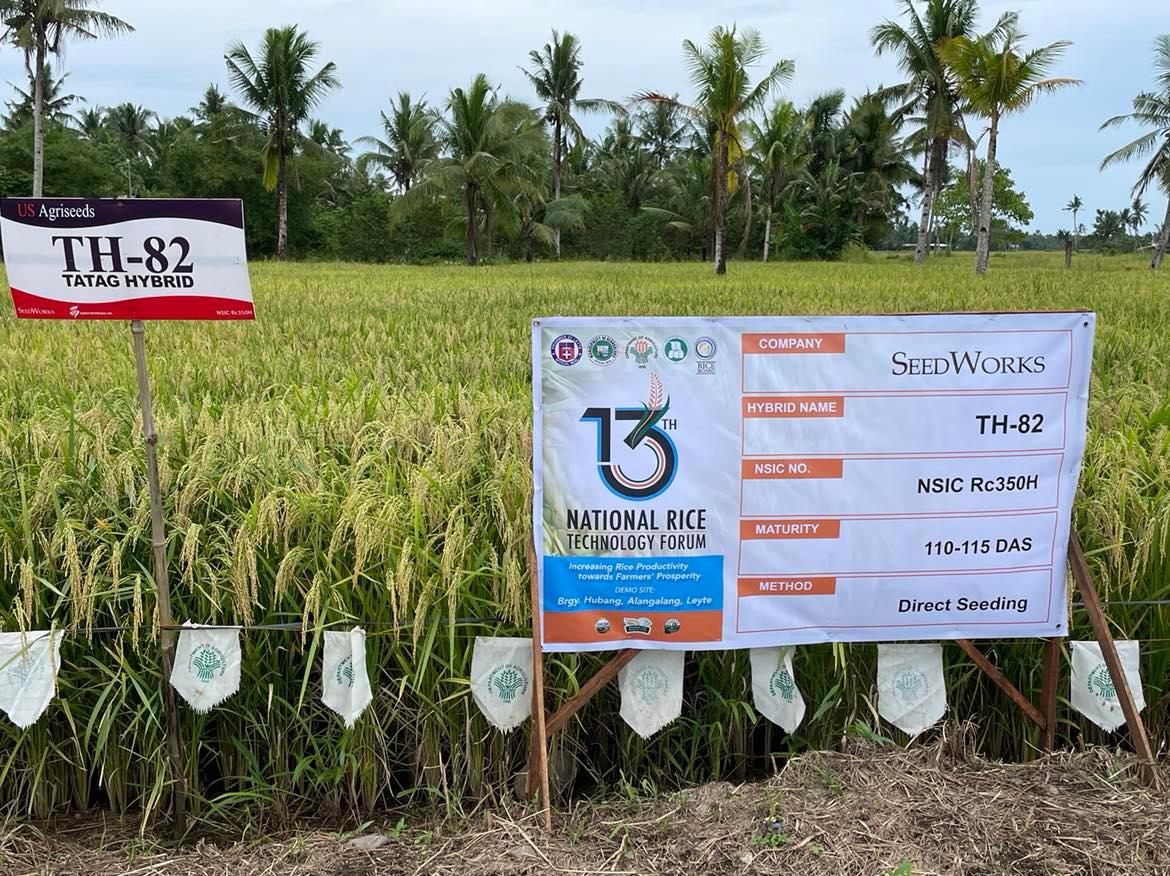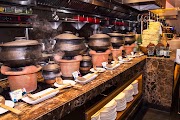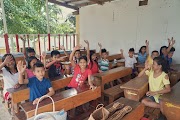BASF partners with leading seed company, Seedworks Philippines Inc. to bring new herbicide-tolerant rice system technologies to rice farmers in Philippines.
BASF to offer Clearfield Production System and Provisia Rice System to Philippines – two herbicide-tolerant seed traits that can be used in direct seeded rice hybrid systems as an alternative to paddy rice.
Farmers benefit from lower labor costs, lower use of water for irrigation and excellent control of a broad range of weeds – including resistant grasses, weedy rice, and red rice.
BASF and Seedworks Philippines Inc. today announced the formalization of new licensing agreements for BASF Clearfield® Production System and Provisia® Rice System technologies that will meet the increasing need of direct seeded rice farming method in the Philippines.
Agriculture is not only impacted by climate change, but also responsible for 17%* of total greenhouse gas emissions. Transplanted wet paddy rice farming is a major contributor of field emissions of methane (CH4). The water irrigated fields block oxygen from penetrating the soil, creating ideal conditions for bacteria that are responsible for emitting greenhouse gases.
As part of BASF Climate Smart farming efforts, and in addition to helping farmers control tough weeds, such as resistant grassy weeds and weedy rice, this new licensing agreement between BASF and Seedworks will see both companies working together to develop and commercialize new non-GMO Herbicide Tolerant hybrid rice (direct seeded) systems to increase both productivity and sustainability for rice growers in the Philippines.
“Rice is a primary source of food for us in Asia. There is an estimated 2.4 million rice growers in the Philippines, with a total acreage of 4.8 million hectares and with up to 36%** of rice grown via direct seeded option versus wet paddy. Direct seeded rice uses roughly 50% less water to grow, uses less labor per day compared to wet paddy.” said Simone Barg, Senior Vice President, Agricultural Solutions, Asia Pacific. “With our new partner, Seedworks Philippines Inc., BASF is dedicated to support farmers to decrease their environmental impact and improve farm resilience. Through our innovative rice solutions of Clearfield and Provisia, two herbicide-tolerant seed traits will be introduced to Philippine’s direct seeded rice hybrid systems. By providing an alternative to wet paddy rice, and providing a more advanced option for current direct seeded rice farmers, Filipino rice farmers now gain the benefit of excellent weed control, a reduced footprint of greenhouse gas emissions and a potential increase of their rice crop yield”
Carlos Saplala, President of Seedworks Philippines, Inc. commented that “Food security issue in the Philippines has never been more relevant than today. Helping farmers leverage on this world class technology will not only improve their yields but also their income. We also expect that underutilized areas in the country due to weedy rice will be better maximized through the use of this Clearfield and Provisia technology. This will also redound to helping the current administration’s objective of offering rice at a more affordable price.”
“SeedWorks’ mission is to strive to provide Seed Solutions more than just selling seeds, I am very delighted with this collaboration with BASF bringing in H.T. Tolerant Rice lines, which is in line with our mission. Together we can help the Filipino farmer optimize his cost of cultivation, improve farm productivity and increase his income from the same land. Rice is a staple diet in the Philippines and we are happy that this project is one more step towards addressing the issue of making the Philippines self-sufficient in rice.” said Dr. Venkatram Vasantavada, SeedWorks Philippines, Inc. Chairman and Managing Director of SeedWorks International.
“Farming is the biggest job on earth, and food security is an important topic for the Philippines. Our government, like many other nations, continues in seeking long term solutions for how our growers can increase yields, decrease environmental impact, and enhance farming robustness. BASF’s Clearfield and Provisia rice systems enable more productive and sustainable farming – key levers identified by the United Nations and incorporated in their Sustainable Development Goals. As a leader in agricultural solutions for growers globally, BASF made this a priority and committed to clear and measurable targets to boost sustainable agriculture by 2030. With this licensing agreement and the steps that Seedworks will take to cultivate the hybrids for the Phillipine rice industry, we are very optimistic about the future of achieving more sustainable rice farming, with greater weed control, in the Philippines” said Manolo Sambrano, BASF Industry Head, Agriculture -Philippines.
Clearfield and Provisia rice systems by BASF are non-GM crop technologies for rice production developed with traditional plant-breeding techniques. The innovation is best understood as an integration of seed traits and chemistry. The herbicide tolerant traits allow farmers to control a range of weeds through an easy, over-the top application of a targeted ALS-inhibiting herbicide without harming the rice crop. In addition, together they form an integrated weed management tool for farmers and offer farmers a vital tool in fighting weeds, while remaining compatible with no-till methods, that help preserve topsoil. For more information, visit https://agriculture.basf.us/crop-protection/crops/rice.html.
Source:
*www.fao.org/3/cb3808en/cb3808en.pdf
**Philippine Statistics Authority, 2018-2020







0 Comments